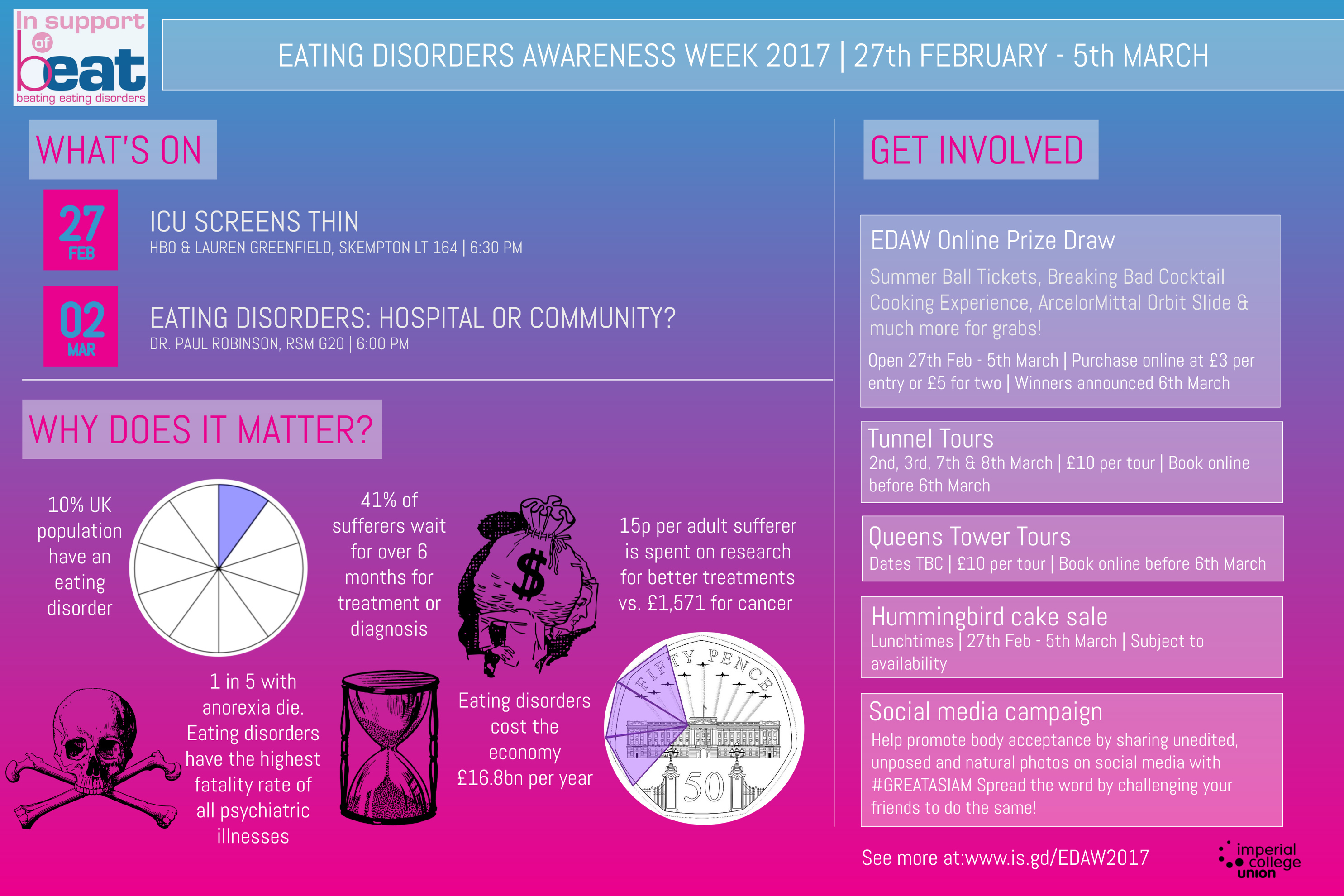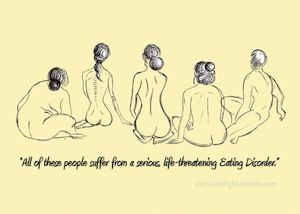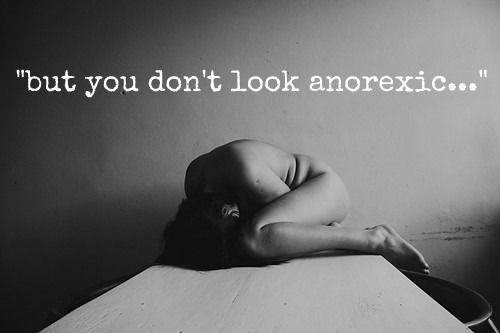
Hi Everybody!
As anybody who has me on facebook will already know, this week is Eating Disorders Awareness Week. Each year B-eat, the UK's leading eating disorder charity, runs a week long campaign aimed at increasing knowledge and understanding of eating disorders. The theme of this year's campaign is early intervention, focusing on the importance of recognising and treating eating disorders as early as possible.
This is really important as approximately 10-12% of the UK population suffers with an eating disorder, meaning that the total number of those affected is much larger as eating disorders can hugely impact the friends and families of sufferers. However, eating disorders are largely misunderstood by lay persons and the medical profession. People often equate emaciation to severity, which can hinder many people in their recovery. People with eating disorders can be underweight, overweight and within the healthy weight range and in fact the majority of sufferers are not overweight. When we talk about eating disorders we tend to think of anorexia nervosa, however other eating disorders such as bulimia nervosa, aytypical anorexia and OSFED (other specified feeding of eating disorder) are much more common. People who are not serverly underweight tend to slip through the net and often fail to recieve adequate treatment because they 'look normal' or appear healthy. BMI (body mass index) barriers prevent many sufferers from getting help time and time again. BMI is regularly used to allocate and ration the overstretched NHS eating disorder services, leading to long wait times for those those who aren't at a critical weight. Some services take into account additional factors such as psychiatric risk, rate of weight loss, blood chemistry and binge/purge behaviours, however, the overarching attitude remains the same: come back when you're thinner or sicker.

Raising awareness about eating disorders is something very important to me as I have suffered with an eating disorder for almost 13 years. Whilst I am officially diagnosed with anorexia nervosa (binge purge subtype), my weight has fluctated within a realm of six stone. I have been overweight, underweight and everything inbetween yet many people only tend to worry when I 'look sick' despite the fact I have been severely unwell at every weight range. I've been sent away from GPs without any plans for treatment or check ups because my BMI was too high and I've been refused admission to hospital (against the advice of specialists) because my BMI was a marginally higher than what is considered to critical, an action that nearly cost me my life. In the past I have become sicker, both physically and mentally, because treatment was withheld until I was deemed 'sick enough.' There is no doubt that the chronic nature of my eating disorder has been exacerbated, if not directly fueled, by the repeated message that one needs to be thin enough in order to be worthy of help, and in turn, recovery. To this day I still carry a sense of shame for not being sick enough or, in a twisted way, good enough at anorexia. There's always a niggle in my mind that I could have been thinner, should have been thinner and that I recieved treatment and support I did not deserve.

The current model for treating eating disorders contradictory to the advice of leading experts and researchers, who all call for early intervention. There is strong evidence that early intervention improves the prognosis for those with an eating disorder. Early and adequate intervention has the potential to increase recovery rates, reduce chronicity and save lives. At present eating disorders have the highest mortality rate of any mental illness, with one in five diagnosed with anorexia losing their life as a consequence. In order to change this, there needs to be significant investment into research and treatments alongside re-education of healthcare professionals regarding eating disorders. B-eat are working to help make the early intervention model a reality and thus, Imperial College Union will be supporting and raising money for B-eat all week. Plus by entering our online prize draw (which includes a prize of a £50 voucher from www.experiencedays.co.uk), for £3, you'll be donating 20 times more money to B-eat than is currently spent on research per adult sufferer, illustrating the enormitity of the need to make change. In the battle against eating disorders literally every penny counts!!!
If you are affected by an eating disorder or need any advice please visit B-eat or contact your GP!


